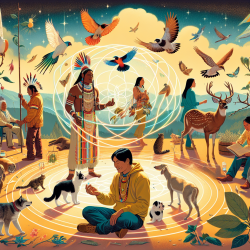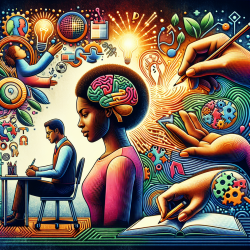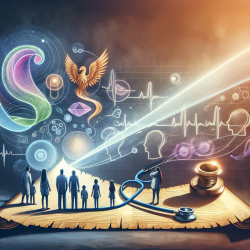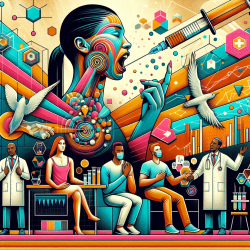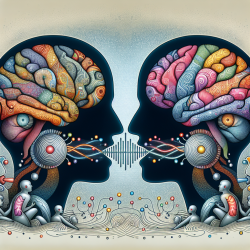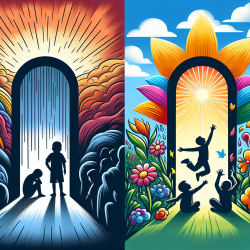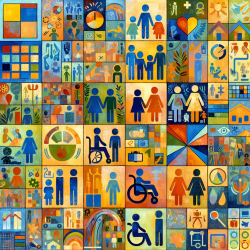The intricate bond between humans and animals has been a cornerstone of Indigenous cultures for centuries. This relationship goes beyond mere companionship; it embodies a spiritual and physical connection that plays a crucial role in holistic wellness. The research article "Strengthening Animal-Human Relationships as a Doorway to Indigenous Holistic Wellness" sheds light on how these connections can be harnessed to improve health outcomes for Indigenous communities.
The Power of Animal-Human Relationships
Indigenous peoples have long viewed animals as sacred beings, integral to their social and spiritual networks. These relationships are not merely symbolic; they are active partnerships where animals assume roles such as messengers, providers, guides, helpers, teachers, protectors, and healers. Each role contributes significantly to the physical and mental well-being of community members.
Animals as Messengers
Animals often convey important messages through their behavior or presence. For instance, a sudden appearance of a specific animal might signal an upcoming change or offer guidance during challenging times. Recognizing these signs can help individuals prepare for future events or make informed decisions.
Animals as Providers and Healers
Beyond spiritual guidance, animals provide tangible benefits such as food, medicine, and emotional support. They play a vital role in traditional healing practices by offering resources that promote physical health and emotional resilience. For example, bear grease is used in various medicinal applications, while the presence of an animal during a ceremony can enhance its healing power.
Implementing Research Insights into Practice
For practitioners working with Indigenous communities or interested in incorporating holistic approaches into their practice, understanding and integrating these animal-human relationships can be transformative. Here are some practical steps to consider:
- Cultural Competency Training: Engage in training programs that emphasize the importance of cultural connectedness and the role of animals in Indigenous healing practices.
- Collaborative Workshops: Organize workshops that bring together community members to share stories and experiences about their relationships with animals. This can foster a deeper understanding of cultural values and traditions.
- Incorporate Traditional Knowledge: Work closely with community Elders to learn about traditional ecological knowledge and how it can be applied in contemporary health settings.
- Create Ethical Spaces: Develop spaces where Indigenous knowledge systems are respected and integrated into health research and practice.
The Path Forward: Encouraging Further Research
The findings from this research highlight the need for continued exploration into the role of animal-human relationships in promoting holistic wellness. Practitioners are encouraged to delve deeper into this area by conducting further studies or collaborating with Indigenous communities to co-create knowledge that respects traditional practices while addressing modern health challenges.
Conclusion
The integration of animal-human relationships into therapeutic practices offers a promising pathway to enhancing holistic wellness among Indigenous peoples. By acknowledging and supporting these connections, practitioners can contribute to more effective health promotion strategies that honor cultural traditions and foster healing.
To read the original research paper, please follow this link: Strengthening Animal-Human Relationships as a Doorway to Indigenous Holistic Wellness
